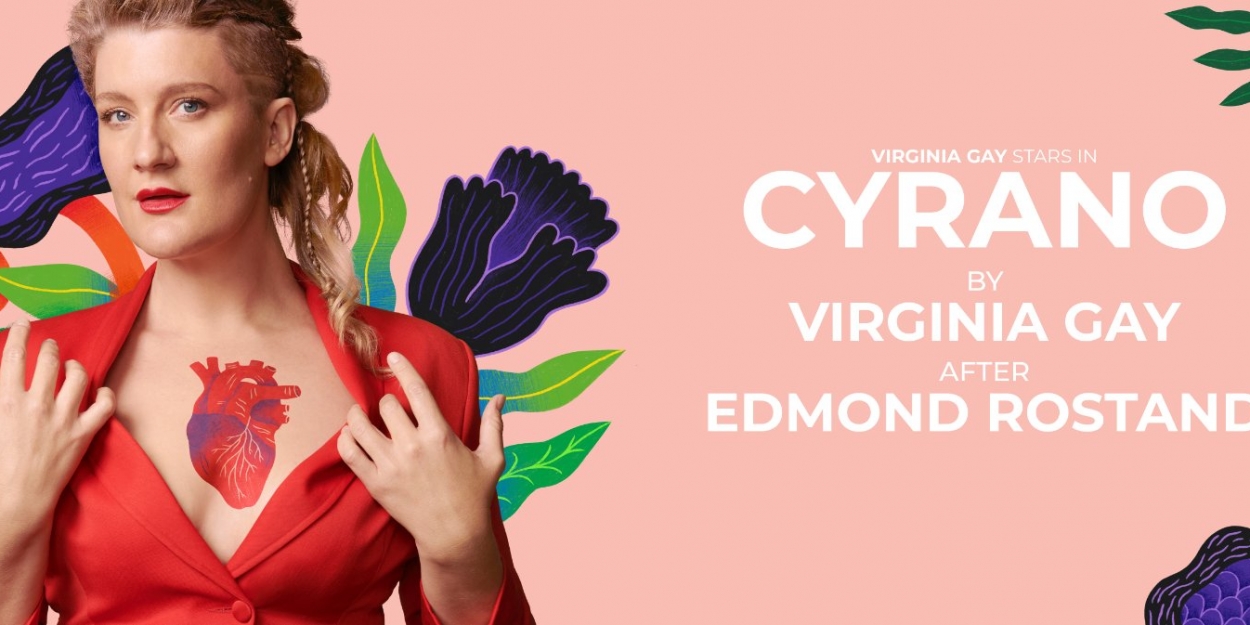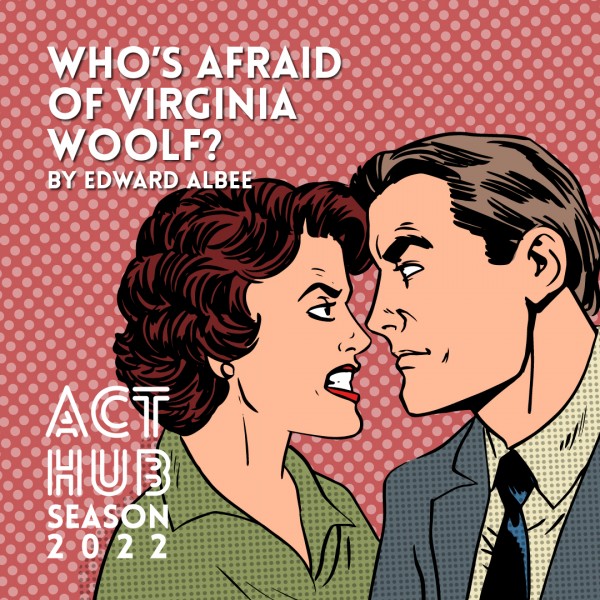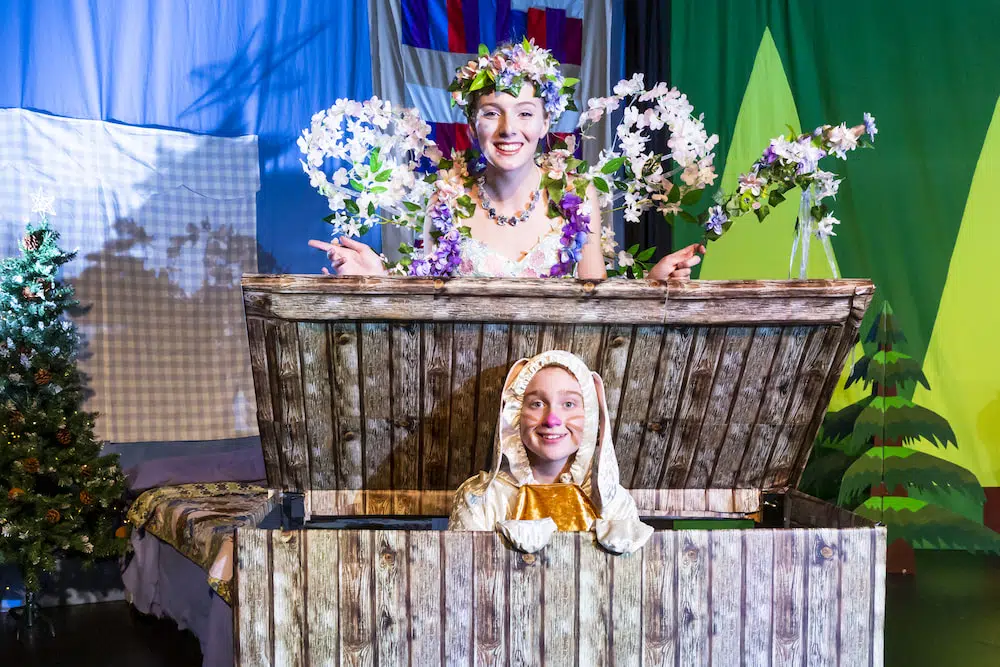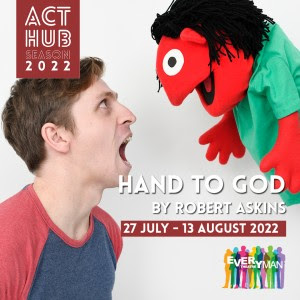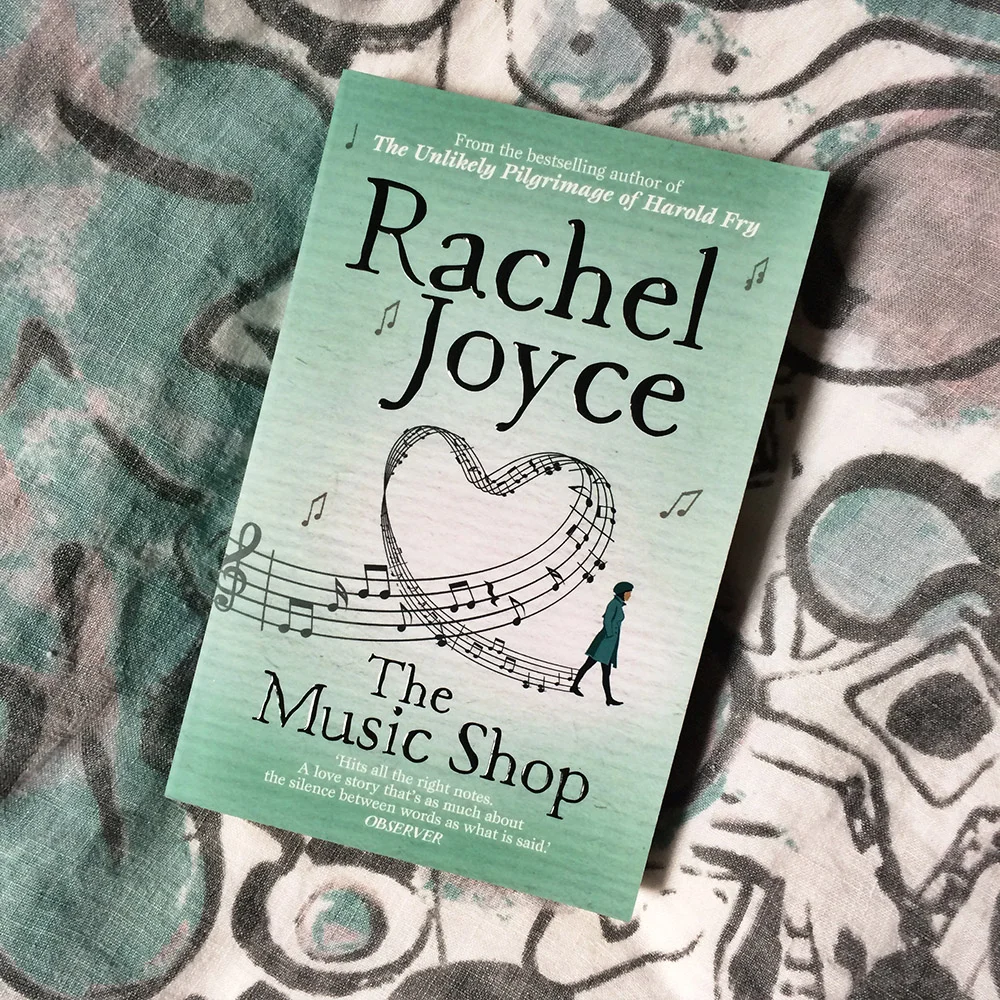 |
| Lima Prichard as Ste and Nick Dyball as Jamie in Beautiful Thing |
- Beautiful Thing - Everyman Theatre, ACT Hub: The coming-of-age exploration of sexual orientation drama is sensitively directed by Jarrad West although some of the class issues and geo-political context is lacking. Sandra (Amy Kowalczuk) is a single mother in 80s Britain (southeast London, and the accent ain't bad) with all the social connotations that implies. Dressed in short leather skirts, chain-smoking and both seducing and repelling her latest hippie lover, Tony (played with cringe-worthy 'think-of-me-as-your-mate' pseudo cool by Colin Giles), Sandra is desperately concerned with appearances while pretending she doesn't care what the neighbours think. Her world order is challenged when her son Jamie (Nick Dyball, who does some great work when he isn't shouting to portray emotion) develops feelings for Ste, the heartthrob next-door. Liam Prichard has remarkable confidence in the role, delivering a subtle performance full of troubled teen vulnerability. Liv Boddington plays Leah, the drug-taking, Mama Cass-loving expelled adolescent with peculiar naivety rather than as an ASBO waiting to happen, in keeping with the sanitisation of the whole. Some of the blocking and sight-lines are questionable as the traverse set is problematic depending on where the audience member sits, but on the whole this is a heartfelt and touching production.
- Cyrano - Melbourne Theatre Company, Southbank Theatre: The production directed by Sarah Goodes is original and immediate, switching genders, updating language, and consolidating characters to make this a story for our times rather than an historic piece. Playwright and performer, Virginia Gay writes, "The stories that we tell have enormous importance... I don't think entertainment and fighting for something more are mutually exclusive; if you can do them both at once, then that is the sweet spot." This is smart and sexy, with many a self-aware wry comment on the nature of theatricality - often directly to the audience - enhanced by a plain, back-stage set. Gay is superb as the titular character with all the best lines and the nuanced personal development, Tuuli Narkle works hard with limited material as Roxanne, and Claude Jabbour brings the buff in contrast to the brains as the alternate love interest. The supporting chorus (Holly Austin, Robin Goldsworthy, Milo Hartill) guide us through the story with music, humour and theatrics, as they have heard it many times before, but the interpretation makes it feel fresh to our eyes and ears.
- Murder on the Nile - Tempo Theatre, Belconnen Community Theatre: Jon Elphick directs another Agatha Christie for Tempo Theatre - this is the eleventh time that he has done so, and it's pretty solid with no frills. First performed in 1946, Murder on the Nile is the play of the novel (and subsequent film versions) of the film, Death on the Nile. The staging here is all on a boat - mainly portrayed by a couple of port holes in the set - on the Nile - a missed opportunity for some dramatic lighting to portray the vivid sunsets mentioned in the script. Regular stalwarts of the company, Garry Robinson, Marian Fitzgerald, Paul Jackson and Kim Wilson return to play a variety of roles they've played before. If you've seen one Tempo production of an Agatha Christie play; you've seen them all - this isn't a bad thing because it makes Christie comfortable and familiar and sometimes that's just what's required from a night at the theatre.
- Come Alive Festival of Museum Theatre - The National Library of Australia and the National Portrait Gallery, NPG: Come Alive is a student festival that gains its inspiration from the exhibits and collections of the National Library of Australia and the National Portrait Gallery, creating theatre performances that have drawn on characters, events, objects and items in the two galleries' vast collections. Peter Wilkins, artistic director of Come Alive, works with teachers and students to create the original and inspired performances in which students pursue their passion for the performing arts and engage with their nation's cultural heritage. Over a week, eleven groups presented fourteen performance through theatre, movement and music, as well as visual media. I saw St Clare's College perform Clowning Around (an abstract exploration of the association between clowns and mental disorders through movement and masks) and Colour My World inspired by the sculpture of Dr John Wu and his drive to create spaces for young patients that brought light into a world of darkness. I also saw a surreal and fascinating short piece by St Edmund's College called Life is Like a Box of Chocolates and inspired by a tin box of chocolates sent by Queen Victoria to her troops serving in South Africa in 1899. Nigel Palfreman is the teacher behind this memorable work which ranges from Buckingham Palace to the soldiers on the front line, and incorporates the legend of Banjo Patterson. Ashleigh Nguyen performed a dance piece based on the portrait and story of Anna May Wong, who 'reshaped the way Asian roles in American cinema could be conceived and created.' The bold work combines dance, text and video all choreographed and curated by Nguyen herself to confront stereotypes and challenge expectations. This is an excellent festival which should be encouraged and supported by all who care about engaging young people with their history and culture in original and exciting ways.
- Sunshine Super Girl - Performing Lines, The Q - Queanbeyan Performing Arts Centre: I remember watching the Wimbledon Women’s final in 1980 and knowing I was watching something special. Written and directed by Andrea James, Sunshine Super Girl follows the life, challenges and achievements of Evonne Goolagong Cawley, acted with a well-judged blend of charm and grit by Ella Ferris. All the other players in her story from her family to her coaches to coaches, competitors and journalists are given vibrant life and interpretation by the spectacular skills of the ensemble (Sermash Bin Saad, Jacqueline Compton, Lincoln Elliott, Katina Olsen). Katine Olsen is also credited as the movement director, and she has created an almost balletic interpretation of the drama of sport. Moments of humour and pathos are given equal weight as the highs and lows reflect the parrying back and forth of the ball over the net and into the angles of the court. The set, designed by Romaine Harper suits the purpose superbly as it represents the physical court, with movable fixtures, an umpire's chair, and metal benches representing everything from the family car to a hotel bed to a trophy cabinet. It would have been even more appealing if this were performed in the traverse setting as that would enhance the audience engagement and experience of the ebb and flow of the game(play). Sunshine Super Girl at The Q is a spectacular production of a play about a remarkable woman, and I’m all out of superlatives.
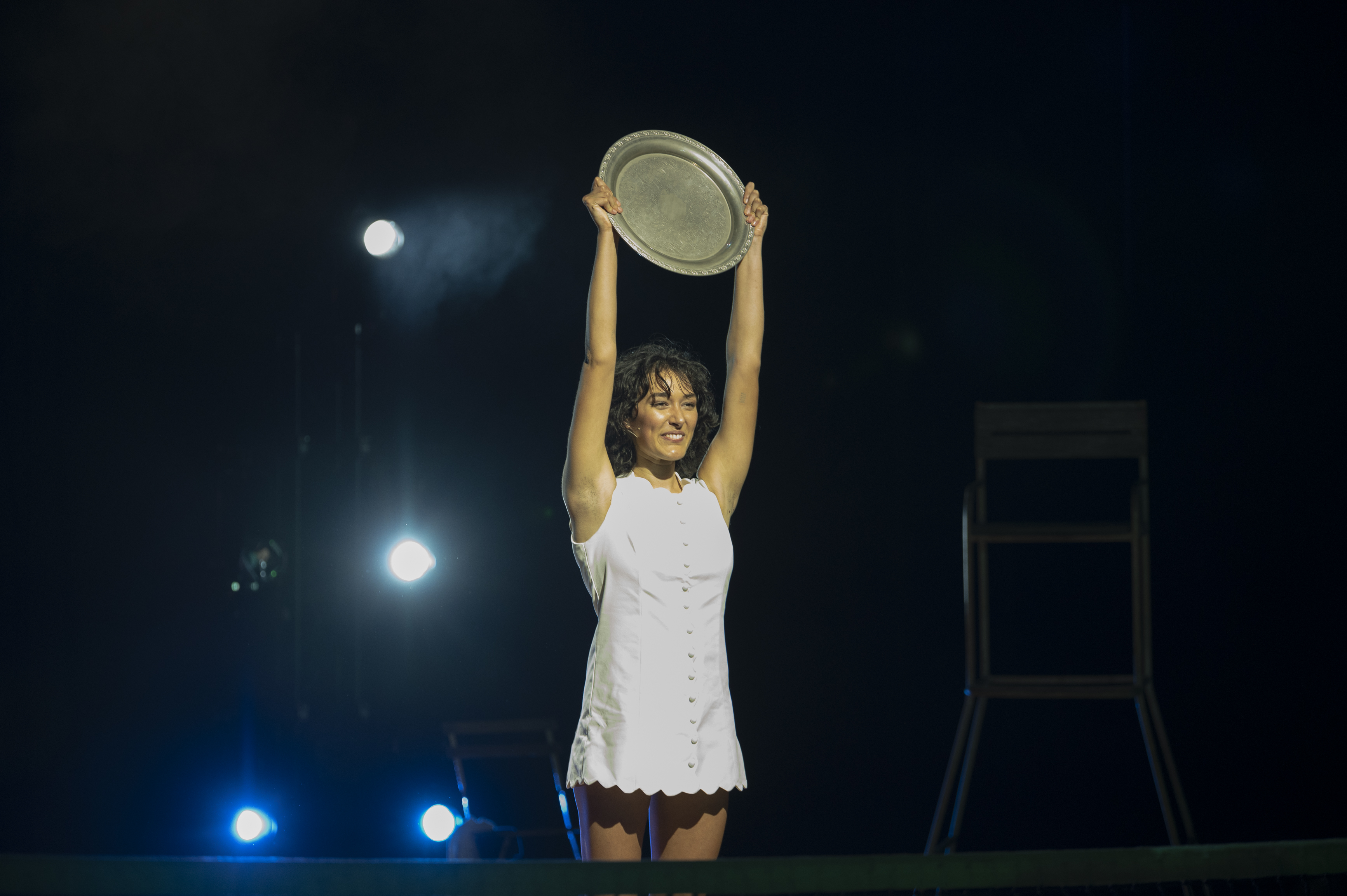 |
| Ella Ferris as Evonne Goolagong Cawley in Sunshine Super Girl |
